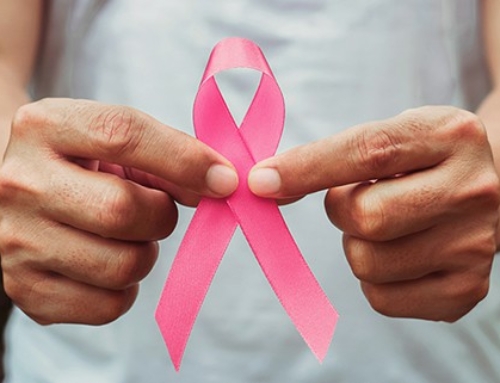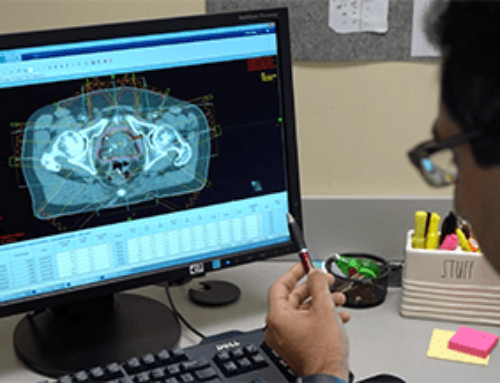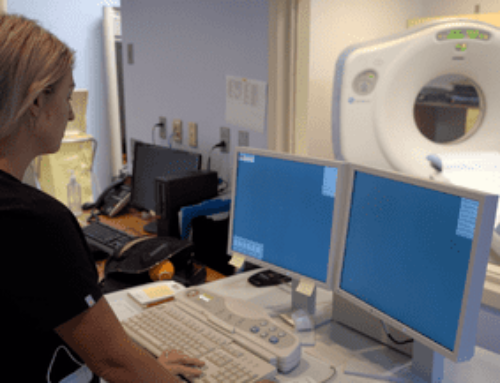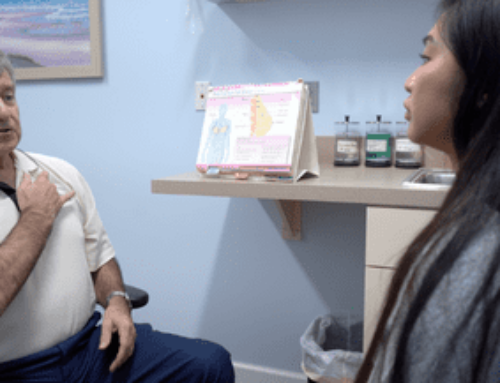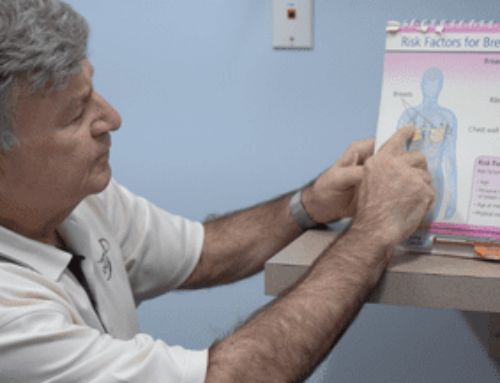According to the National Cancer Institute, almost 40% of men and women in the U.S. will be diagnosed with cancer at one point in their lives. A cancer diagnosis comes with an array of personal and emotional challenges including increased stress, worry, fear, and instability.
When radiation therapy and its potential side effects are thrown into the mix, it may be cause for additional stress. Having the guidance and expertise of a board-certified cancer care physician at one’s side is vital to gaining peace of heart and mind.
“A common question I get from patients is ‘what kind of side effects will I experience during the treatment?’” says Richard J. Lee, M.D., radiation oncologist at Central Florida Cancer Care Center. “This is a difficult question because it really depends on where you’re getting treatment.”
Why Does Radiation Therapy Cause Side Effects?
The goal of radiation therapy is to destroy cancer cells. When radiation is directed at the tumor location, healthy tissues and cells can get damaged in the process, generating side effects.
Many patients experience little or no side effects from radiation therapy. However, others may have more extreme reactions. Side effects usually are experienced after the first few weeks of treatment and may extend up to several weeks following a patient’s last radiation therapy appointment.
Over 50% of cancer patients receive radiation therapy as part of their treatment protocol. X-rays (also called photons) are the most common type of energy used during treatment, but gamma rays, protons, or electron beams can also be employed. Radiation therapy involves external beam radiation where an outside source of radiation targets beams at a precise area of the body. Current developments in radiation technology have increased its precision which generally leads to fewer side effects.
Common Side Effects of Radiation Therapy
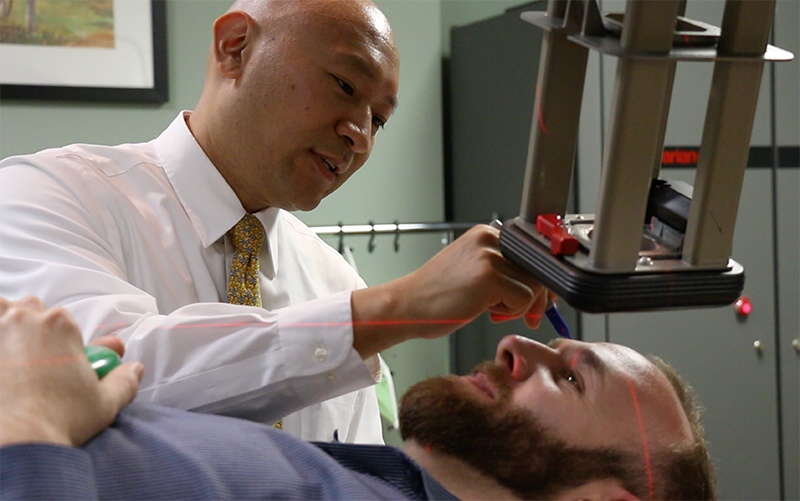 The side effects a patient will experience from radiation therapy varies depending on the form of cancer, the tumor location, the amount of radiation given, and their general health makeup. As radiation therapy is aimed only where the tumor is located, any resulting side effects will be felt just in the immediate area, and not somewhere else in the body.
The side effects a patient will experience from radiation therapy varies depending on the form of cancer, the tumor location, the amount of radiation given, and their general health makeup. As radiation therapy is aimed only where the tumor is located, any resulting side effects will be felt just in the immediate area, and not somewhere else in the body.
“Most commonly I get asked about losing hair or feeling sick,” says Dr. Lee. “It really depends on the area that we are treating. One would not lose their hair if we are not treating a cancer on their head. You may lose hair if a patient’s treatment includes chemotherapy and radiation. These questions can all be answered when you consult your physician, and they can go into further detail with you.”
General side effects that patients may experience from radiation therapy include dry or itchy skin.
Other potential side effects, depending on the location of radiation treatment include:
Radiation therapy to the head and neck may cause patients to experience:
- Dryness in the mouth and difficulty swallowing
- Gum sores
- Nausea
- Lymphedema (swelling of lymphatic tissues)
- Dental problems
Radiation therapy directed at the chest area may induce:
- Difficulty swallowing
- Shortness of breath
- Breast tenderness
- Coughing
Radiation therapy involving the stomach, abdomen, or pelvic area can bring about:
- Nausea and vomiting
- Diarrhea
- Rectal bleeding
- Loss of bladder control and irritation
“Through the course of treatment you may experience some fatigue,” says Dr. Lee. “These symptoms build up over the course of time so typically the first few weeks you will not feel any side-effects, but near the end of treatment you might notice a little bit of fatigue and other symptoms that are based on the location of where you’re getting treated.”
A radiation oncologist will help plan and determine the best treatment plan available for the patient’s unique circumstances.

